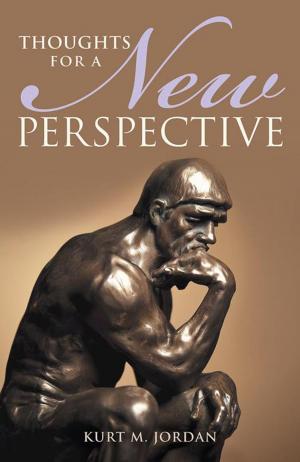| Author: | Dr Deepak Ranade | ISBN: | 9781910823040 |
| Publisher: | Srujan Dreams Pvt. Ltd., Mumbai, India | Publication: | May 31, 2016 |
| Imprint: | Language: | English |
| Author: | Dr Deepak Ranade |
| ISBN: | 9781910823040 |
| Publisher: | Srujan Dreams Pvt. Ltd., Mumbai, India |
| Publication: | May 31, 2016 |
| Imprint: | |
| Language: | English |
Carl Sagan in The Demon-Haunted World: Science as a Candle in the Dark, says: "Science is not only compatible with spirituality; it is a profound source of spirituality." These words will ring in your ears when you hear Dr Deepak Ranade speak about his theme of “The Whispering Woods”. The title of the book itself invigorates our thought process. Whispering Woods! Yes, trees whisper, they have thoughts and they express. Hermann Hesse says, ”Trees have long thoughts, long-breathing and restful, just as they have longer lives than ours. They are wiser than we are, as long as we do not listen to them. But when we have learned how to listen to trees, then the brevity and the quickness and the childlike hastiness of our thoughts achieve an incomparable joy. Whoever has learned how to listen to trees no longer wants to be a tree. He wants to be nothing except what he is. That is home. That is happiness.” During the process of evolution, mankind gave many shapes and forms to the concept of God and unfortunately this concept ended up in myth. That was very easy since then little was to be explained to the curious mind. But Dr Deepak Ranade is a seeker of knowledge. And in his quest for knowledge he has read Dnyaneshwar Maharaj (Maauli as refered with reverence) and tried to co-relate science with spirituality. He has attempted to unravel this myth called “God”. He says, “This is a journey which has taught me that I am but a few steps into the vast expanses of what constitutes our understanding but also that paths reveal themselves when the seeker begins his journey.”
Carl Sagan in The Demon-Haunted World: Science as a Candle in the Dark, says: "Science is not only compatible with spirituality; it is a profound source of spirituality." These words will ring in your ears when you hear Dr Deepak Ranade speak about his theme of “The Whispering Woods”. The title of the book itself invigorates our thought process. Whispering Woods! Yes, trees whisper, they have thoughts and they express. Hermann Hesse says, ”Trees have long thoughts, long-breathing and restful, just as they have longer lives than ours. They are wiser than we are, as long as we do not listen to them. But when we have learned how to listen to trees, then the brevity and the quickness and the childlike hastiness of our thoughts achieve an incomparable joy. Whoever has learned how to listen to trees no longer wants to be a tree. He wants to be nothing except what he is. That is home. That is happiness.” During the process of evolution, mankind gave many shapes and forms to the concept of God and unfortunately this concept ended up in myth. That was very easy since then little was to be explained to the curious mind. But Dr Deepak Ranade is a seeker of knowledge. And in his quest for knowledge he has read Dnyaneshwar Maharaj (Maauli as refered with reverence) and tried to co-relate science with spirituality. He has attempted to unravel this myth called “God”. He says, “This is a journey which has taught me that I am but a few steps into the vast expanses of what constitutes our understanding but also that paths reveal themselves when the seeker begins his journey.”















